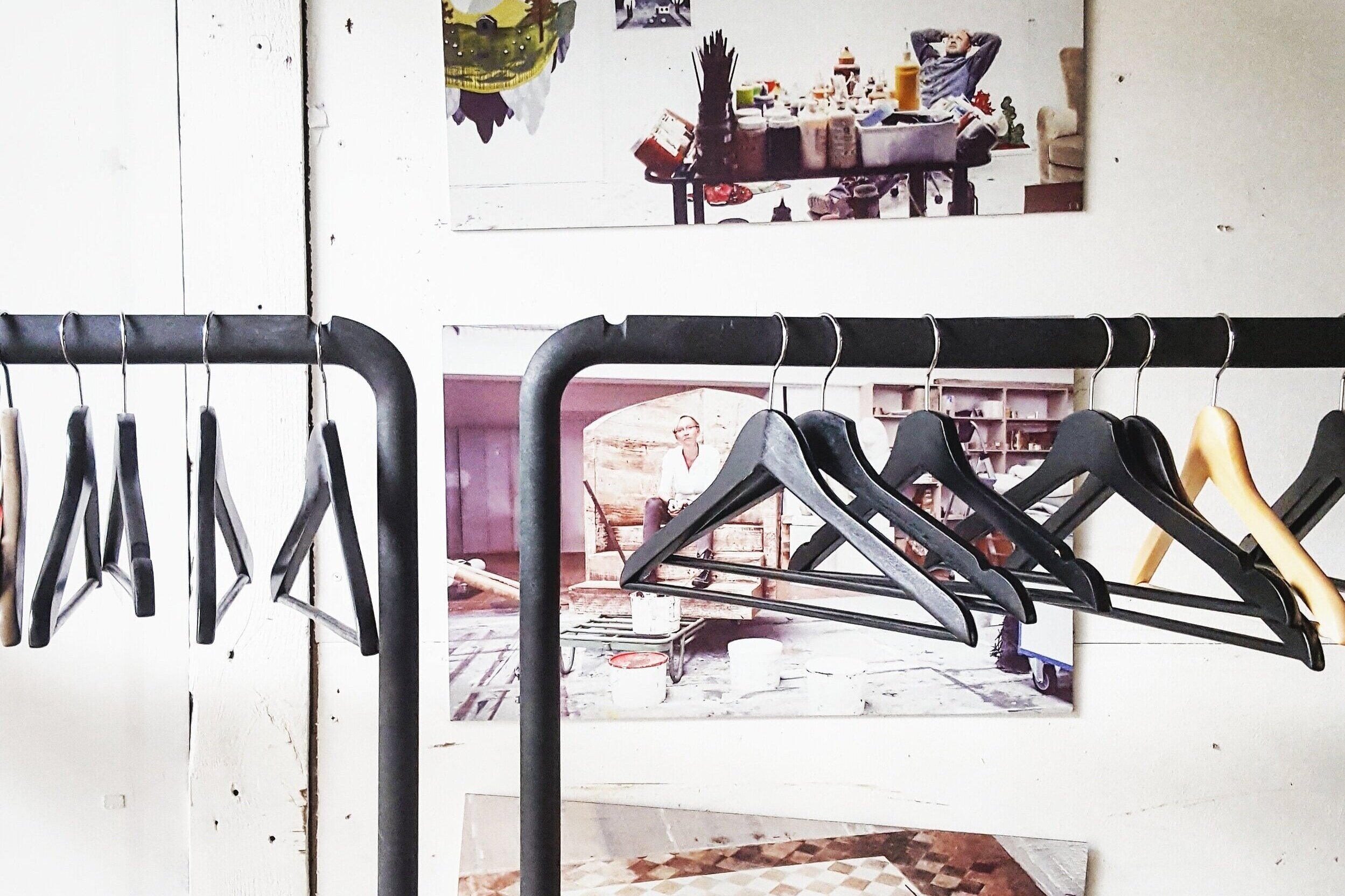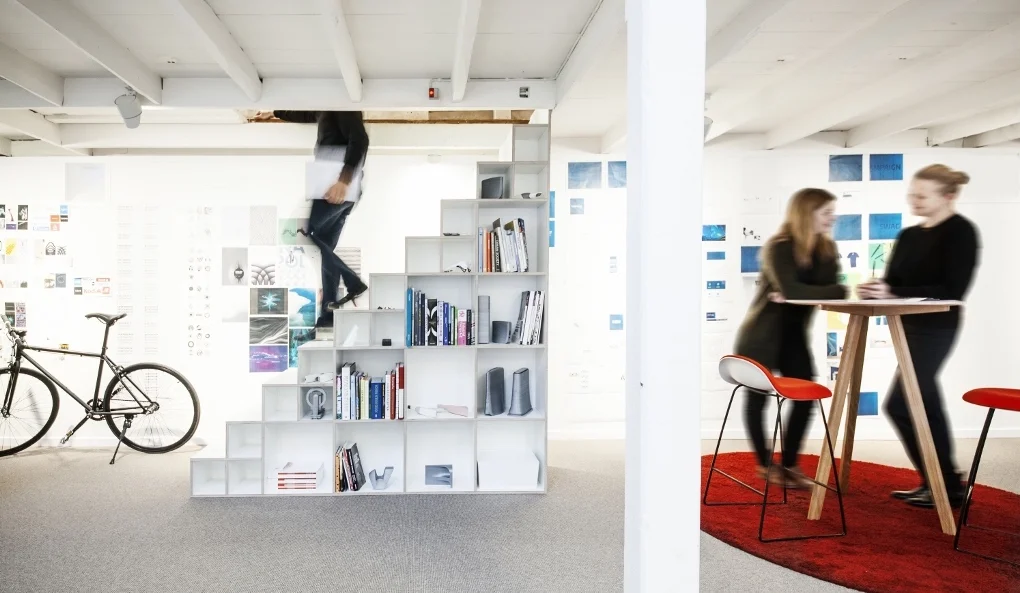1. Listen more than you talk
When we are little, we all get taught how to talk and how to write. But how to listen? Genuinely listening to someone is hard, because our thoughts run faster than people talk. So while people are talking to us, we have some spare brain capacity left, which we can use to evaluate what they are saying, think about our grocery shopping list, or even daydream about our upcoming vacation. It requires an effort to be present in a conversation and listen without judging, predicting or concentrating on something totally different.
I find that there are two main benefits of being a good listener. First, people will like you more. Just think about it. When your partner actually listens to you, it makes you feel important and valued, right? We all like people who allow us to have a conversation about our favorite subject, which is ourselves.
Next time you’re in a team-building event, try to master this mindset and focus your interest on your team mates rather than your own stories. By paying attention to your mates, they will be inclined to like you more. Not to mention you will gain relevant insights that will help you to understand their motives and behavior as well.
This leads me to the second benefit of active listening, which is the fact that you control the conversation, not the ones who are talking. As suggested by the management trainer Chris Croft, the occasional questions like, "Where did you get this idea from?" or, "Can you tell me more about this part?," help you decide which direction should the conversation go, without being pushy or annoying.
2. Reliability is your best trait
So, wo cares if you show up 5 minutes late to a meeting? What could go wrong if you send the promised files with only 2 hours delay to a partner? The truth is, these little things add up and create an overall impression of you.
Being reliable in a business environment means that you keep your promises and your partners can trust you. It means that you are able to keep track of overlapping tasks and get your time management system right. You could achieve this by writing down notes, establish a rule to reply to messages within 24 hours, and keeping all appointments in a system that works for you. Personally, I prefer the old-fashioned way of using a physical diary for my priorities.























